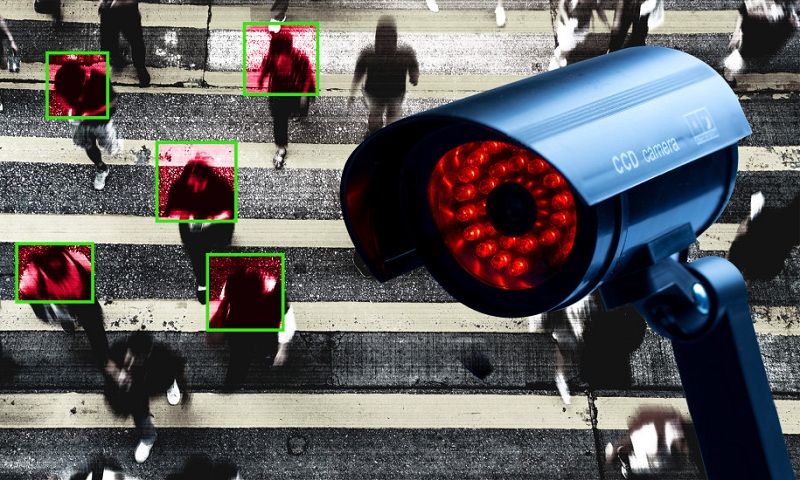Artificial Intelligence has transformed the landscape of technology in every aspect of life. Where the whole world is adapting to face recognition system powered by AI which is least intrusive and fastest biometric technology, Pakistan is also looking to improve its video surveillance system in metro cities.
Pakistan’s Ministry of Information Technology and Telecommunications (MOIT) is in the process of developing a face recognition security system which would be available soon for video surveillance, as reported by The News.
Sources close to Ignite formerly known as National ICT R&D Fund have disclosed to the local media outlet that this initiative will not only add value to international research scenario but will also carry significant contribution to the Pakistani nation.
Where the security cams are already being used to regulate traffic and pinpoint drivers who break the rules in some cities, the purpose of this newly developed system will be primary to install a video surveillance system to secure a facility.
The multi-scale face recognition system would cost Rs. 13.84 million and is being developed by PAF-Karachi Institute of Economics and Technology. The system works on the base of field-programmable gate array (FPGA) which is specifically designed for video surveillance.
These days to secure a facility in Pakistan, conventional methods like smart cards, keys, and passwords are applied, which use security strategies such as “what you have” or “what you know”. The sources report that these methods can be fooled easily, as most people rely on same passwords for various platforms.
On the other hand, the video surveillance system equipped with a high-speed FPGA-based multi-scale face recognition system using Linear Binary Pattern (LBP) will be more effective, secure and cheap as compared to the previously used method of securing a facility.
Still, there is no official word on when the system will be launched and where it will be initially utilized, however, this system will set a mark for Pakistan being added in the list of few countries which have adopted this technology.











